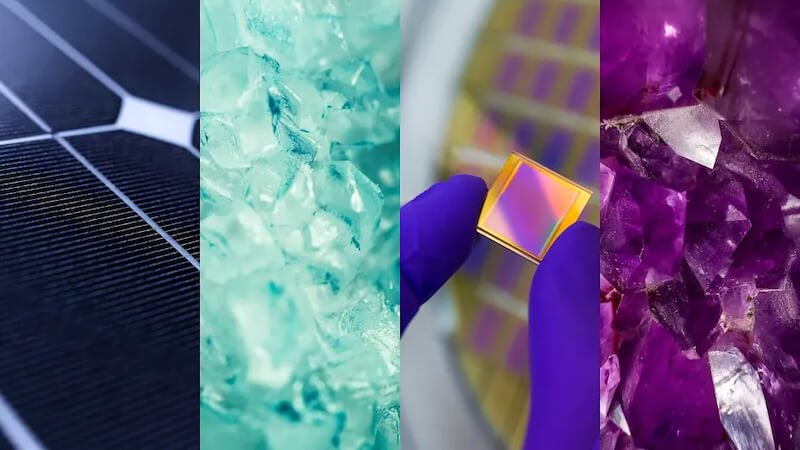
Researchers at Google subsidiary Deepmind have developed an artificial intelligence that has discovered over two million new materials. In this way, AI achieved within a year what humanity could not achieve in centuries.
The further development of AI systems reveals a lot of potential. It recently emerged that artificial intelligence continues to have problems with realistic tasks. However, when it comes to calculations and research into predefined tasks, algorithms far beat humans. A new publication from Google recently showed the extent to which AI can help in materials research.
The team from Google subsidiary DeepMind used an AI algorithm to predict the structure of over two million previously unexplored materials. This progress could lead to existing technologies being further developed using even better materials. According to Google, around 400,000 of the newly discovered compounds can be produced quickly under laboratory conditions.
AI materials can already be produced in the laboratory
Google cites the development of more powerful batteries, more efficient solar panels and faster computer chips as possible application scenarios for the new materials. AI makes the process easier than ever before. One example is the research and development of lithium-ion batteries, which took about twenty years.
Ekin Dogus, one of the researchers at DeepMind, says that this period of time will soon be significantly shorter. The data for DeepMind's AI comes from the Materials Project database. Researchers worldwide have been building this database since 2011. So far, around 50,000 materials have been recorded and described there.
The attractiveness of materials research could increase in the long term
Google wants to publish the results of the AI algorithm to further improve the process and implement suggestions from the research community. If the development of a new material only takes a few years, the industry might release additional funds for studies. Ultimately, research is currently still fraught with risks.
If a material turns out to be promising, it is far from certain that it will stay that way. This fact and the long development times often ensure that companies rely more on tried and tested means. Artificial intelligence that can reduce this cycle to a few years could soon provide more sustainable and efficient technologies.
Also interesting:
Source: https://www.basicthinking.de/blog/2023/12/04/deepmind-ki-materialien/


